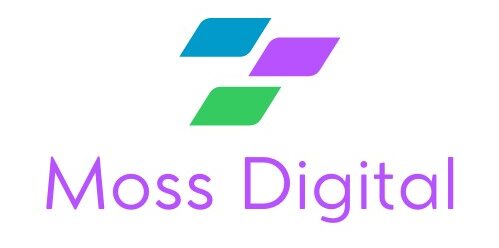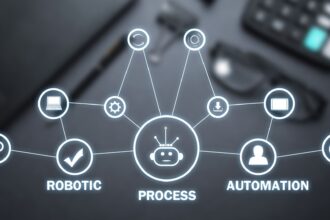HR Tech Trends: The Future of Human Resource Management
The role of Human Resources (HR) is evolving rapidly, driven by technological advancements that enhance efficiency, improve employee experience, and enable data-driven decision-making. From AI-driven recruitment to remote work solutions, HR technology is shaping the future of workforce management. This guide explores the latest HR tech trends, their benefits, and key considerations.
1. Artificial Intelligence in Recruitment & Talent Acquisition
AI-powered HR tools streamline the hiring process by automating resume screening, conducting initial interviews via chatbots, and reducing hiring bias.
- Benefits: Faster recruitment, improved candidate experience, and unbiased hiring.
- Challenges: AI may struggle with nuanced decision-making.
- Example: Tools like HireVue use AI to assess candidates via video interviews.
2. HR Analytics & Data-Driven Decision-Making
Advanced analytics tools allow HR teams to predict employee turnover, measure engagement, and optimize workforce planning.
- Benefits: Better decision-making, personalized employee experiences, and improved retention.
- Challenges: Data privacy concerns and the need for skilled HR analysts.
- Example: Platforms like Visier provide workforce analytics solutions.
3. Remote Work & Hybrid Workforce Management
The rise of remote work has driven demand for virtual collaboration, employee monitoring, and performance tracking solutions.
- Benefits: Increased flexibility, better work-life balance, and global talent acquisition.
- Challenges: Maintaining company culture and preventing employee burnout.
- Example: Tools like Slack and Zoom enhance virtual collaboration.
4. Employee Experience Platforms (EXP)
EXP solutions integrate HR functions, communication, and wellness programs to enhance employee engagement and satisfaction.
- Benefits: Higher productivity, improved engagement, and better workplace culture.
- Challenges: High implementation costs and change management.
- Example: Microsoft Viva provides an integrated EXP.
5. Automation & Self-Service HR Systems
Automating routine HR tasks, such as payroll processing, leave requests, and benefits administration, improves efficiency.
- Benefits: Saves time, reduces errors, and enhances compliance.
- Challenges: Requires investment in HR tech and employee training.
- Example: Platforms like Workday automate HR processes.
6. Blockchain for HR & Payroll
Blockchain technology ensures secure, transparent, and tamper-proof HR records, payroll transactions, and credential verification.
- Benefits: Reduces fraud, speeds up background checks, and ensures secure data storage.
- Challenges: Adoption is still in early stages.
- Example: Companies like ChronoBank use blockchain for HR and payroll.
7. Learning & Development (L&D) Technology
AI-driven learning management systems (LMS) offer personalized training and career development programs.
- Benefits: Upskills employees, enhances engagement, and improves retention.
- Challenges: Requires continuous content updates.
- Example: Platforms like Udemy for Business provide corporate training solutions.
8. Diversity, Equity & Inclusion (DEI) Technology
AI-powered HR tools help organizations build diverse and inclusive workplaces by analyzing workforce data and tracking DEI metrics.
- Benefits: Promotes fair hiring practices and a more inclusive work environment.
- Challenges: AI biases must be carefully managed.
- Example: Platforms like Textio analyze job descriptions for bias.
Challenges & Considerations for HR Tech Adoption
Despite the advantages, organizations must address several challenges when implementing HR technology:
- Data Privacy & Compliance: Adhering to GDPR, CCPA, and other labor laws.
- Change Management: Ensuring employees and HR teams adapt to new technologies.
- Integration: Compatibility with existing HR software and company workflows.
- Cost: Investing in high-quality HR solutions while maintaining ROI.
For an in-depth look at HR tech innovations, check out this Gartner HR Tech Report.
Final Thoughts
The future of HR is being shaped by technology that enhances efficiency, improves employee experiences, and enables data-driven decision-making. Companies that embrace these trends will be better equipped to attract, retain, and engage top talent in a rapidly changing workforce.
What HR tech trend excites you the most? Share your thoughts in the comments below!






